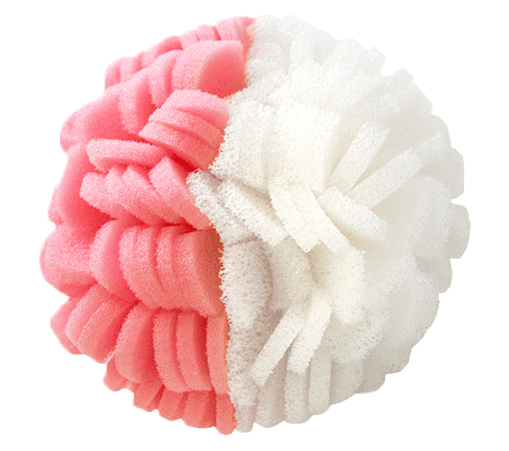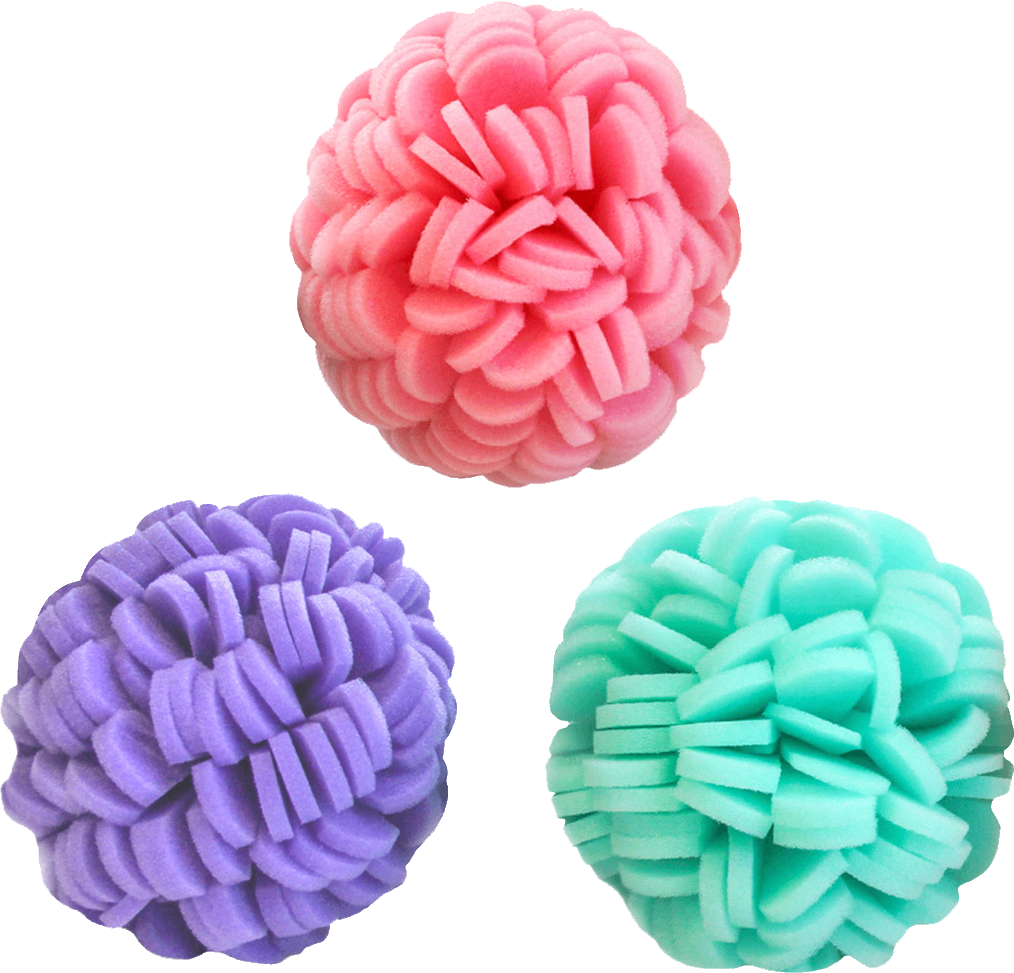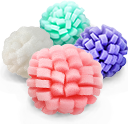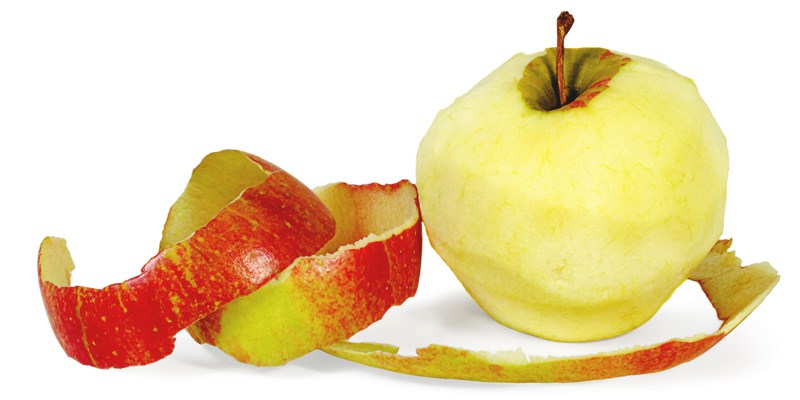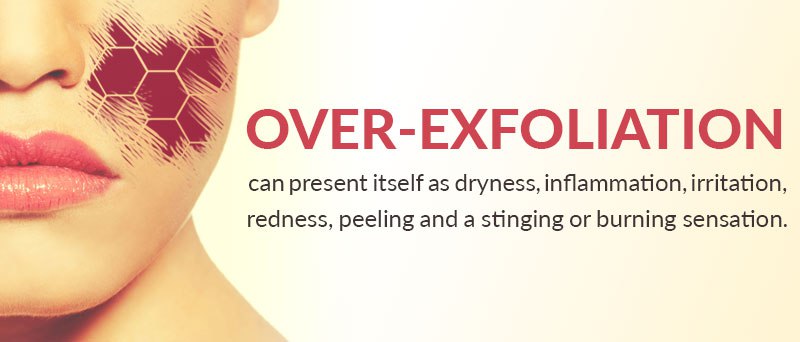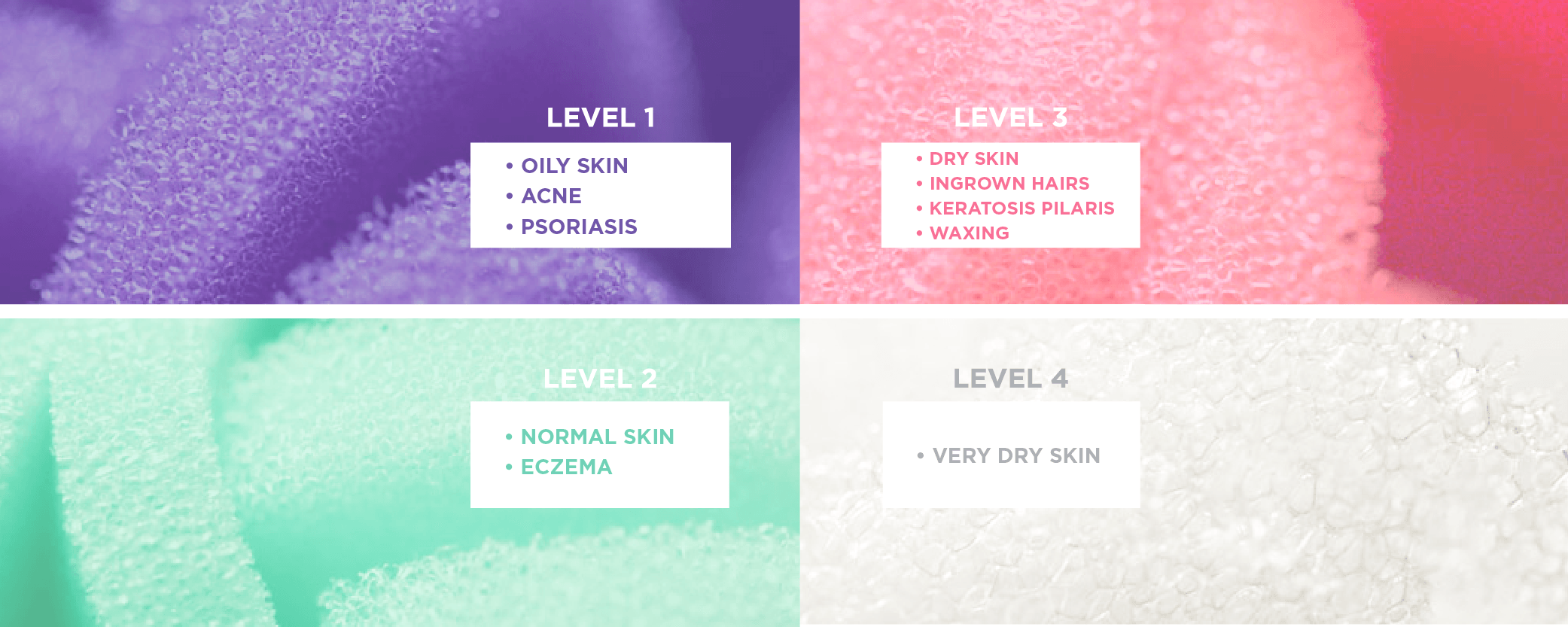Exfoliation is one of the best procedures that can you do for your skin, since it removes dead skin cells and lets your naturally radiant skin shine through. Regretfully, all of us are guilty of over-zealously exfoliating our skin at some point or another, which can lead to unsavory side effects. But just how do you identify skin that has been over-exfoliated, and what should you do to help your skin return to normal?
What are Signs that I Should Look out For?
Sadly, there can always be too much of a good thing, and this rings true for exfoliation. Over-exfoliation often physicalizes itself as dryness or a feeling of taut skin, inflammation, irritation, redness, peeling and flaking, and a stinging or burning sensation. For those who exfoliate particularly aggressively, blisters and bleeding may result. In these instances, you should seek medical assistance as soon as possible. Dr. Douglas Altchek warns that even temporary feelings of dry skin or redness after exfoliation (which many of us may find satisfying) may be indicators that you are over-exfoliating and damaging your skin. In these cases, it is best to abstain from exfoliation until your skin appears healed (about three or four days). If you still correlate redness with thorough exfoliation, consider this: repeated aggressive exfoliation can damage the stratum corneum, which is critical in protecting the skin from dangers ranging from pathogens to lost moisture. As Dr. Altchek notes “the immune system is regulated through this outer layer [the stratum corneum]. Additionally, over-exfoliation may worsen acne, hyperpigmentation, and rosacea, and promote premature aging. In other words, you are sacrificing years of skin health for a few instances of over-zealous exfoliation – is it really worth it? (Dr. David E. Bank for NewBeauty.com, Dr. Douglas Altchek for Refinery29, Dr. Carlos A. Charles, Dr. Elizabeth VanderVeer and Dr. Elizabeth Tanzi for Byrdie.com)
What Should I do Instead?
If you have over-exfoliated your skin, then it is best to consult with your dermatologist about what products and procedures are best to help you recover. The first step towards healing your skin is refraining from exfoliating until your skin is healed. If you are concerned that you will have a buildup of dead skin cells while recovering, don’t worry; Dr. Dennis Gross notes that gently rubbing your skin with a washcloth in a circular motion can remove a good deal of debris without damaging your skin (Dr. Douglas Altchek for Refinery 29, Dr. Dennis Gross for BeautyWorldNews.com). It is often suggested that those with normal skin, acne-ridden skin, and aging skin exfoliate once or twice a week, whereas those with oily skin may need to exfoliate daily (in accordance with dermatologist recommendation). However, if you suffer from inflammatory acne (such as nodules and cysts), eczema, psoriasis, or some other serious skin condition, you should discuss your exfoliating routine with your physician before implementing any new tools or products. Additionally, the frequency of exfoliation largely depends on the aggressiveness of your exfoliating tools and products – the more aggressive the exfoliation, the less frequently it needs to be done ( American Academy of Dermatology, Dr. Julia Tzu for NewBeauty.com).
We would also suggest using one of the ViaBuff Exfoliating Buffs. Our buffs can be matched to meet the needs of 10 different skin types, so you don’t have to worry about using an exfoliating buff that is either too rough or too weak. Aside from being cruelty-free and dermatologist-tested, our buffs also last an average of 90 days, which is three times longer than the life of your standard loofah or buff. Not only does our special open-cell polyurethane design limit water retention, but it is also gentle enough to exfoliate your skin without further irritation.
Bottom Line
Most of us are guilty of over-exfoliation at some point in our lives, despite our best efforts to the contrary. Over-exfoliation is characterized by redness and irritation, peeling skin, dry or taut skin, and a stinging or burning sensation. While you may just dismiss over-exfoliation as being a temporary annoyance, think again; continual over-exfoliation can damage the stratum corneum and exacerbate acne, rosacea, and hyperpigmentation in certain individuals. To treat over-exfoliation, you should first abstain from exfoliation until your skin is healed and consult with a dermatologist about what tools and products are best for your skin. You may also want to use one of the ViaBuff Exfoliating Buffs, which offer a gentle yet thorough exfoliation and can be customized to meet the needs of 10 different skin types. Have any more questions? Feel free to send us an email, we love hearing from our readers!

